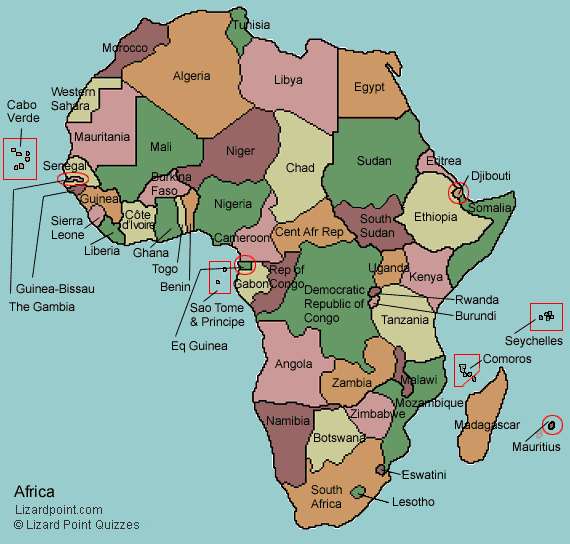(3 minutes read)
The African Unity Road is nearing completion, which is connecting six African nations. The road, while improving the intra-transportation among the six-nation, delivers high-speed internet across the continent, strengthening regional integration
The African Unity Road is nearing completion, which is connecting six African nations. The road, while improving the intra-transportation among the six nations, delivers high-speed internet across the continent, strengthening regional integration. The road also called Trans-Saharan Highway was conceived over 50 years ago and runs almost 5,000 kilometres from Algiers to Lagos in Nigeria.
The RN1 is the main artery between Europe and North Africa. Also, this road doubles as an artery for connecting other parts of the continent. It is lined with thousands of kilometers of cable and is also known as the Trans-Saharan Fibre Optic Backbone. These technical centres maintain the bandwidth, which has almost doubled over the past two years. The arrival of fibre optics has enabled the creation of digital schools. This has had a huge impact on education.
Read Also:
https://trendsnafrica.com/kenya-south-africa-in-talks-to-form-a-pan-african-airline/
https://trendsnafrica.com/reltime-fintech-to-expand-in-southern-africa/
https://trendsnafrica.com/amazon-web-services-aws-and-google-to-expand-footprints-in-south-africa/
The Internet is changing daily life in Africa. Algeria has completed its part of the fibre optic backbone, more than 2,500 kilometres from Algiers towards Mauritania to a central hub on the border with Niger. Six African countries are members of the project, which is intended to offer a cheaper alternative to satellite solutions. Another major cooperation project on the same axis: a trans-Saharan gas pipeline between Nigeria and Algeria via Niger.





